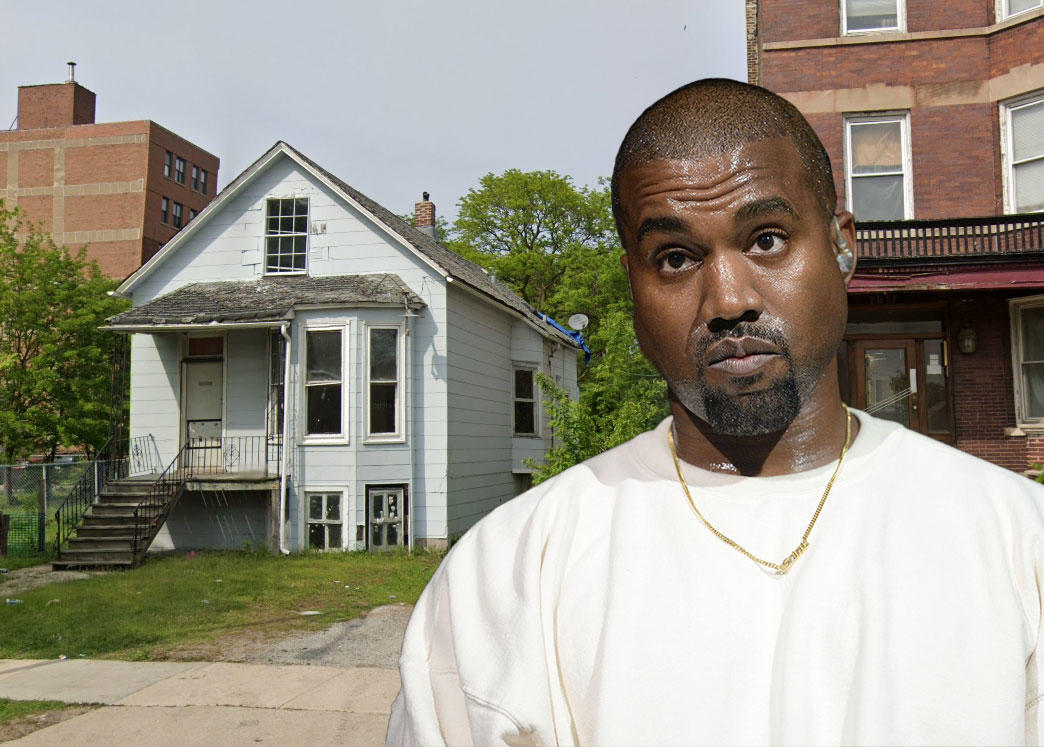Kanye West Sued Over ‘Donda 2’ Sample
Kanye West is facing yet another copyright infringement lawsuit for the unauthorised use of a sample on his most recent album, “Donda 2.”
Billboard reports that, according to a lawsuit filed in the U.S. District Court in New York, West’s song “Flowers” improperly samples the 1986 club smash “Move Your Body” (also known as “The House Music Anthem”). The lawsuit also claims that the Marshall Jefferson audio is repeated “at least 22 times throughout,” the song.
The filing continues, “West advocates for artists’ rights with one hand, yet has no shame in taking away rights from another artist with the other.” It also describes the sample as “willful and deliberate,” claiming representatives for West met with Jefferson’s publisher, Ultra International Music Publishing, and admitted sampling the tune without obtaining proper clearance beforehand.
“Defendants know and have been informed that they do not possess a license to utilise the Composition in the Unauthorised Work, and yet continue to willfully infringe in blatant disregard of UIMP’s rights of ownership,” the suit says.
Alex Klein, a co-creator of the Stem Player music player on which West released Donda 2, as well as ten unnamed others referred to only as “Does 1-10,” are also implicated in the case. Billboard reports that West previously asserted to have sold 11,000 Stem Players, which sold for $200 each and brought in an estimated $2.2 million.
This lawsuit marks West’s second accusation of using unauthorised samples on “Donda 2”. Bishop David P. Moten filed a lawsuit against Kanye West in May, alleging that a substantial chunk of the song “Come to Life” was taken from a lecture he gave at a Victoria, Texas, church in 2011. It has not yet been revealed how that litigation will be resolved.
After discovering that his voice was illegally sampled on the Kids See Ghosts single “Freeee (Ghost Town Pt. 2),” Ronald Oslin Bobb-Semple filed a lawsuit against West and his collaborators in 2019. In January of last year, that legal action was resolved.





